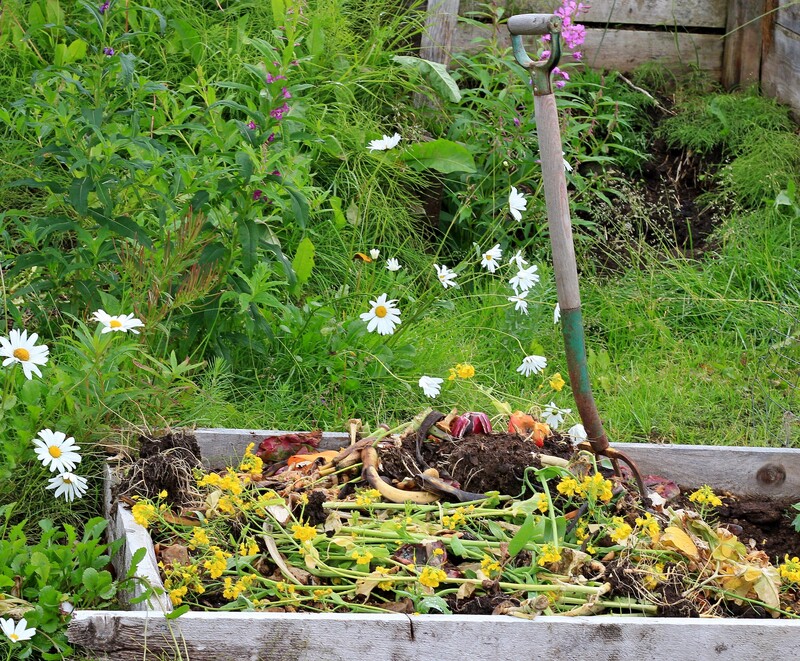Pocket-Friendly Approaches to Managing Bulky Waste
Disposing of bulky waste--such as old furniture, large appliances, and renovation debris--can often seem like a daunting and costly task. However, there are numerous *pocket-friendly approaches* that make managing bulky waste both affordable and efficient. This comprehensive article explores varied strategies to help homeowners, tenants, and small businesses tackle unwanted bulky items, ensuring cleanliness while keeping costs low.

Understanding Bulky Waste and Why Affordable Management Matters
Bulky waste refers to items that are too large or heavy to be disposed of via standard municipal waste collection systems. Examples include:
- Old sofas and mattresses
- Refrigerators and washing machines
- Garden furniture
- Renovation debris like bathtubs or carpets
Improper disposal of large waste items can result in illegal dumping, which harms the environment and leads to municipal fines. Affordable bulky waste management strategies provide safer, eco-friendly, and budget-conscious alternatives while helping maintain community standards and personal responsibility.
Smart Tips for Pocket-Friendly Bulk Waste Management
When facing the challenge of bulky item disposal on a budget, implementing thoughtful and creative solutions can save money and support sustainability. Below, we delve into the most effective and affordable ways to manage your bulky refuse.
1. Make Use of Council or Municipality Collection Services
Many cities and local councils offer free or low-cost bulk waste collection days several times a year. These scheduled pickups allow residents to leave bulky items roadside for collection. To maximize this alternative:
- Check your local municipality's waste collection calendar regularly.
- Book in advance if required, as slots may be limited.
- Sort items properly, following any preparation guidelines (e.g., removing doors from refrigerators for safety).
2. Upcycle, Reuse, or Donate
Before sending bulky items to the landfill, consider their potential for reuse or upcycling. Many charities, social enterprises, and thrift shops accept old furniture and appliances in good condition.
- Donate to organizations or shelters in need.
- Check online community forums (Facebook Marketplace, Freecycle, Craigslist) for those seeking second-hand items.
- Repurpose old furniture into new household items--for example, transforming a broken dresser into a planter or shelving unit.
Donating and upcycling not only keeps costs low, but also helps the environment and supports local communities.
3. Sell or Giveaway Bulky Items Online
If your bulky waste items are still usable, you can actually earn extra cash or find someone willing to collect them for free.
- List items on popular resale sites such as eBay, Facebook Marketplace, or Gumtree.
- Use "giveaway" sections on neighborhood groups--many people are happy to pick up things you no longer need.
4. DIY Bulk Waste Transportation to Recycling Centers
If you have access to a vehicle or can borrow one from a friend, transporting your own bulky refuse to local recycling or landfill centers is often far cheaper than hiring collection services.
- Contact your local recycling facility to verify what types of items they accept and any fees involved--some centers offer free drop-offs for residents.
- Sort and dismantle items where possible to maximize vehicle space and reduce trips.
5. Organize Community Clean-Up or Swap Events
Many neighborhoods organize annual or seasonal clean-up events, where community members work together to gather and properly dispose of unwanted bulky waste.
- Check with your neighborhood association or initiate a local event with friends and neighbors.
- Host a swap or "junk day"--one person's trash may be another's treasure.
Low-Cost Disposal Options for Bulky Waste
1. Hire Skip Bags or Mini-Skips
Hiring a traditional skip can be pricey. Instead, consider a skip bag or mini-skip:
- Skip bags are delivered flat-packed, filled at your own pace, and collected when ready. They are cheaper than full-sized skips and ideal for smaller loads.
- Mini-skips, while still an investment, are more affordable than full-size options and suitable for modest bulky waste amounts.
2. Partner with Local Waste Haulers or Junk Removal Services
Some junk removal services offer discounted rates for smaller loads or consolidated pickups.
- Contact a few local haulers and compare rates. Look for special deals or discounts for first-time customers.
- Ask if they offer reduced rates for flexible pickup times or multiple addresses within the same area.
- Grouping bulky items with neighbors can often reduce per-household costs substantially.
3. Utilize Manufacturer or Retailer Take-Back Schemes
Many appliance and furniture retailers offer take-back programs when purchasing new items. These schemes are commonly free of charge or cost significantly less than independent removal.
- Ask if your retailer will remove your old item when delivering the replacement.
- Check manufacturer websites for recycling and take-back initiatives.
4. Explore Waste Exchange Networks
Waste exchange programs connect individuals and businesses who have unwanted bulky items with those who can use or repurpose them.
- Join online platforms like Freecycle or community-led initiatives focused on waste exchange.
- List items you wish to dispose of--many people may collect them directly, saving you time and money.
Minimizing Bulky Waste Generation: Prevention is Key
The most pocket-friendly solution is to reduce the creation of bulky waste in the first place. Here's how:
- Opt for quality over quantity: Buy well-made furniture and appliances that last longer.
- Choose modular, repairable items: Select products that can be easily fixed, upgraded, or repurposed rather than replaced.
- Plan home renovations and clear-outs carefully: Only remove what's absolutely necessary and recycle or upcycle where feasible.
Preventive strategies not only minimize future bulky waste disposal costs but also support environmental sustainability for the long term.
Bulky Waste Recycling and Its Environmental Benefits
Recycling bulky items such as fridges, sofas, and wooden furniture maximizes resource recovery, conserves raw materials, and prevents landfill overflow.
- Metal, wood, and plastic from large appliances can be transformed into new products, reducing the need for virgin materials.
- Recycling electronics properly prevents dangerous chemicals from entering soil or water supplies.
Common Mistakes to Avoid When Disposing of Bulky Waste
- *Illegal dumping*: Never leave bulky items in alleyways, parks, or on the street outside of official collection windows--this can result in fines and environmental harm.
- *Improper sorting*: Some items (like mattresses or electronics) may require special handling. Always check local guidelines.
- *Ignoring donation or resale potential*: If an item is in good working order, consider finding it a new home to extend its useful life.

Frequently Asked Questions About Budget Bulk Waste Collection
How can I dispose of bulky waste if I don't have a car?
Explore municipal collection services, use online platforms for giving away items (where the new owner collects), or organize a shared pick-up with neighbors.
What are the cheapest ways to get rid of old furniture?
List usable furniture online for resale or free collection, donate to charities, or schedule municipal bulk waste pick-up days. As a last resort, use a skip bag for low-cost disposal.
Are there free bulky item disposal options?
Yes, municipal collection events, donation to charities, and online giveaways are typically free. Some retailers also offer take-back services at no additional cost.
Summary: Managing Bulky Waste on a Budget
By taking advantage of pocket-friendly bulky waste removal approaches such as scheduled council pickups, donation, upcycling, direct drop-offs, and community efforts, you can keep costs low and reduce environmental impacts. Proactive planning, community collaboration, and creative thinking are key to managing bulky items affordably.
Remember, the aim is not only to save money but also to make ethical and sustainable decisions regarding unwanted large waste. With the strategies outlined above, you can confidently clear your bulky clutter without breaking the bank--or harming the planet.
